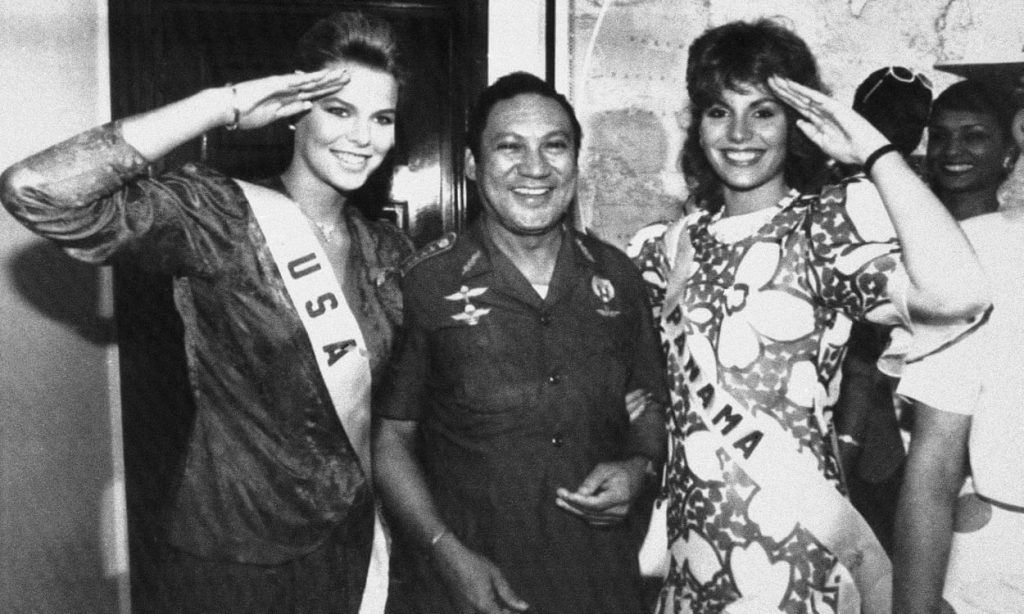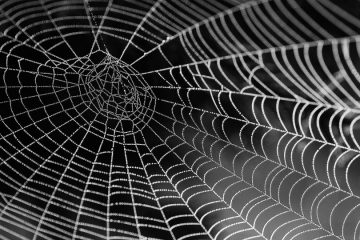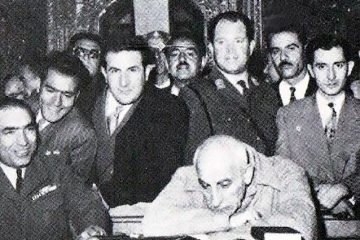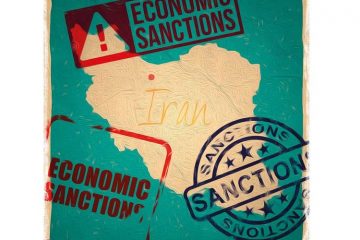
US Crimes in Panama Under the pretext of Noriega’s Arrest
Manuel Antonio Noriega Moreno was an informant by his nature; From a young age, in the fifties and early sixties, he joined a socialist party and spied on them for United States. Sometime later, he joined the military and became a national guard general with the support of a general named Omar Torrijos. In 1968, Torrijos staged a coup and came to power in Panama. A year later, some army officers staged a coup to overthrow Torrijos, which did not succeed, but changed many things for Noriega; Proving his loyalty to this incident, he was soon promoted to the position of head of the intelligence unit of the National Guard, in which he committed various crimes by abusing his power and influence.
In 1971, the Panama Bureau of Narcotics and Drugs provided compelling evidence that Noriega was involved in drug trafficking. But the CIA did not want to lose such an agent easily. So they supported his survival; Because Noriega’s comprehensive support had cost the Americans dearly. The process continued to 1986: huge amounts of money was transferred to Noriega’s account by the CIA and the Pentagon; somewhat reaching to more than one hundred thousand dollars a year. He came to be so popular amongst US agents that when he travelled to Washington in 1976, the hospitable G. H. W. Bush greeted him as a special guest, and was a full-time resident of the Bush’s administrators state!
In 1981, Torrijos died in a plane crash and Noriega’s name was heard among those who were responsible for bombing the plane. Two years after Torrijos’s death, Noriega, who Fraudulently turned to be the commander in chief of the National Guard, became de facto leader of Panama. from now on he was a more significant hireling; More important and even more dangerous than before. By any means he had some affairs with the United States could spoil a bit of them. Thus, six months after coming to power, he had a four-hour lunch with the CIA director, and similar meetings were repeated at least six times until the end of the 1980s. In return for all this money and respect, he also had a mission to serve the United States as much as possible: by Providing information on South and Central America, espionage and US war aid in Nicaragua and El Salvador, authorizing the establishment of a US eavesdropping facility in Panama, explicitly violating the Panama Canal Pact and turning Panama into a base for US espionage aircraft, spying on Fidel Castro and Daniel Ortega, etc. He even provided information about his own country, to American forces.
But with the media exposing Noriega and his allegations, an indictment was filed against him, and in 1987 the US Senate passed a resolution calling for Noriega to be ousted, despite protests from the Reagan administration. When Noriega’s resignation was in favor of the United States, Bush, who was the head of the anti-drug task force in the Reagan administration and was running for the 1988 election, repeatedly denied meeting with this defendant during the same media games and eventually came to approve them.
In the midst of these conflicts, Noriega, who had no way to continue and no way to return, said: “It seems that these Yankees have a heart for drugs but become mad with Latin America … as if we are tempting them!”
The Reagan administration has suggested that his indictment be overturned if Noriega resigns. He was scandalously disgraced in isolation, and his country, Panama, was subject to severe, multilateral sanctions; Noriega resisted to the point where, according to the New York Times, the recession reached a critical stage and thousands of businesses collapsed. he was no longer useful and was no longer an efficient figure for American statesmen.
In May 1989, Panama’s presidential election was held, and Noriega was expected to fraudulently declare his preferred candidate victorious. it happened, but this time the CIA stood up to him and set aside more than tens of millions of dollars to launch covert radio and television programs to expose the fraud. Washington also expressed its anger at the results and quickly clarified its position. These objections and stances were new to the pro-Americanophile Noriega, Because the same fraud happened five years ago, and Noriega’s preferred candidate was declared the final winner of the election ten days after the vote count; Even four weeks of protests did not change the outcome at the time, and the US ambassador was concerned that the fraud report would be leaked to the media; A report prepared by a US embassy official in Panama on the transfer of about 4,000 votes.
Of course, five years ago, the situation was very different! At that time, Noriega was an American peon in its own country, a drug smuggler. Things changed in 1989, and Noriega expired for Americans. He was arrested, but the story of Panama and its people did not end for US.
Keywords:
Manuel Antonio Noriega Moreno / Omar Torrijos / Panama / Narcotics / Spying / Latin America / Bush / Reagan / US Crimes
Resources:
- Blum, W., & Blum, W. (2014). Killing hope: US military and CIA interventions since World War II. London: Zed Books.



0 Comments